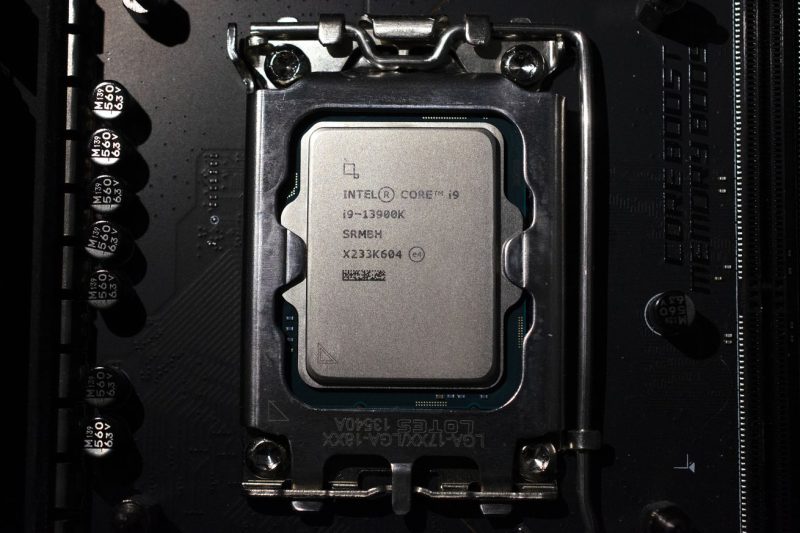
Breaking News: Intel Struggles to Find Permanent Solution for i9 Desktop Chips Crashes
In a recent update from Intel, the company has admitted that they still do not have a definitive fix for the ongoing problem of crashing i9 desktop chips. This issue has been a source of frustration for consumers who have purchased these premium processors, expecting top-notch performance and stability.
Intel has been working tirelessly to address the issue ever since reports of crashing i9 desktop chips started emerging. The problem seems to be related to specific workloads that trigger the chips to freeze or reboot unexpectedly, causing inconvenience and potential data loss for users.
Despite numerous efforts and software updates released by Intel to mitigate the crashing problem, a permanent solution has yet to be found. This uncertainty has left many users feeling uncertain about the reliability of their high-end i9 processors.
The ongoing saga of the crashing i9 desktop chips highlights the challenges that even industry giants like Intel face in ensuring the quality and performance of their products. It serves as a reminder that complex technologies such as processors can sometimes encounter unexpected issues that require thorough investigation and troubleshooting.
For users who have been affected by the crashing i9 desktop chips, Intel has recommended contacting customer support for assistance and possible solutions. In the meantime, the company continues to investigate the root cause of the problem and work towards a definitive fix that will restore the stability and performance expected from their flagship processors.
As the tech industry evolves rapidly, with newer and more powerful processors being introduced regularly, it is crucial for companies like Intel to address any issues promptly and effectively to maintain their reputation and consumer trust. The ongoing situation with the crashing i9 desktop chips underscores the importance of thorough testing and quality assurance in product development to avoid such setbacks in the future.
